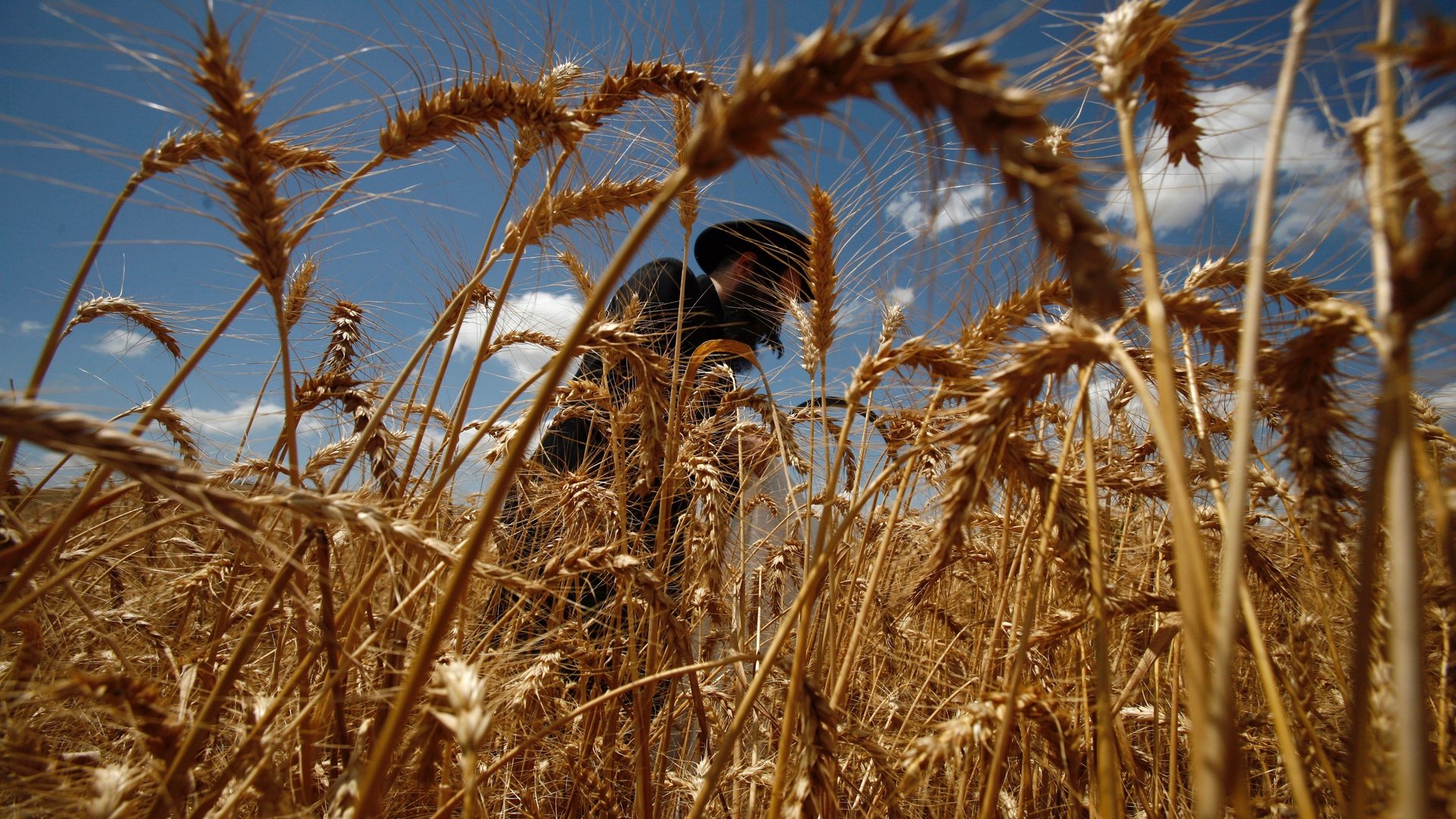The symbolism of Passover’s food prohibitions is relevant to everyone
On Passover, observant Jews shirk food that is leavened, called chametz, like bread and pasta. Instead, they eat matzah, a flat, crumbly cracker that is poorly suited for sandwiches.


On Passover, observant Jews shirk food that is leavened, called chametz, like bread and pasta. Instead, they eat matzah, a flat, crumbly cracker that is poorly suited for sandwiches.
It’s a practice that’s meant to commemorate the Jewish exodus from slavery in Egypt, when God parted the seas to freedom and those who were fleeing had no time for their bread to rise. This restriction serves as a reminder of a difficult time for the Jewish people. But its spiritual lesson is relevant to anyone of any faith who has an ego, which is everyone.
“Chametz and matzah are almost the same substance, containing the same ingredients of flour and water,” according to the website of the Orthodox Jewish Chabad sect. “The one key difference is that while chametz bread rises, filling itself with hot air, the matzah stays flat and humble. Thus, chametz represents that swelling of ego that enslaves the soul more than any external prison.”
Unlike bread, which rises and swells into a chewy, soft dough with time, matzah is flat. It’s “unpretentious,” Chabad explains, a symbol of spiritual experience with no egotistical interference.
In other words, simply by being, bread gets puffy, just like many people. Meanwhile, matzah has all the potential of leavened goods with none of the literal or figurative bloating.
Rabbi Ezra Bick of the Orthodox Union also argues that chametz has a symbolic value, writing, “I think it is clear that the process of leavening represents the development of powers inherent in something. Matza is simply flour and water, baked. Bread is made of the same ingredients, but when you leave it around, unwatched and unbothered, it magically rises and grows, realizing a hidden potential and expressing it.”
He points out that the holiday following Passover on the Jewish calendar is Shavuot, a celebration of the day when the freed Jewish people, now out of Egypt, received the Torah from God on Mount Sinai. That day is celebrated with not one but two loaves of leavened bread, symbolically presented to the creator. Bick contends that while both holidays are about feasting and joy, Passover, with its restrictions, is a reminder that to exercise freedom, we first need wisdom and discipline. Shavuot, on the other hand, celebrates the fruition of humanity’s creative powers.
Matzah is sometimes referred to as lechem oni, which is Hebrew for “poverty bread.” It’s the food of slaves, Bick explains, “but it is also the food of free [people] if they have not worked to impart meaning to their freedom.”